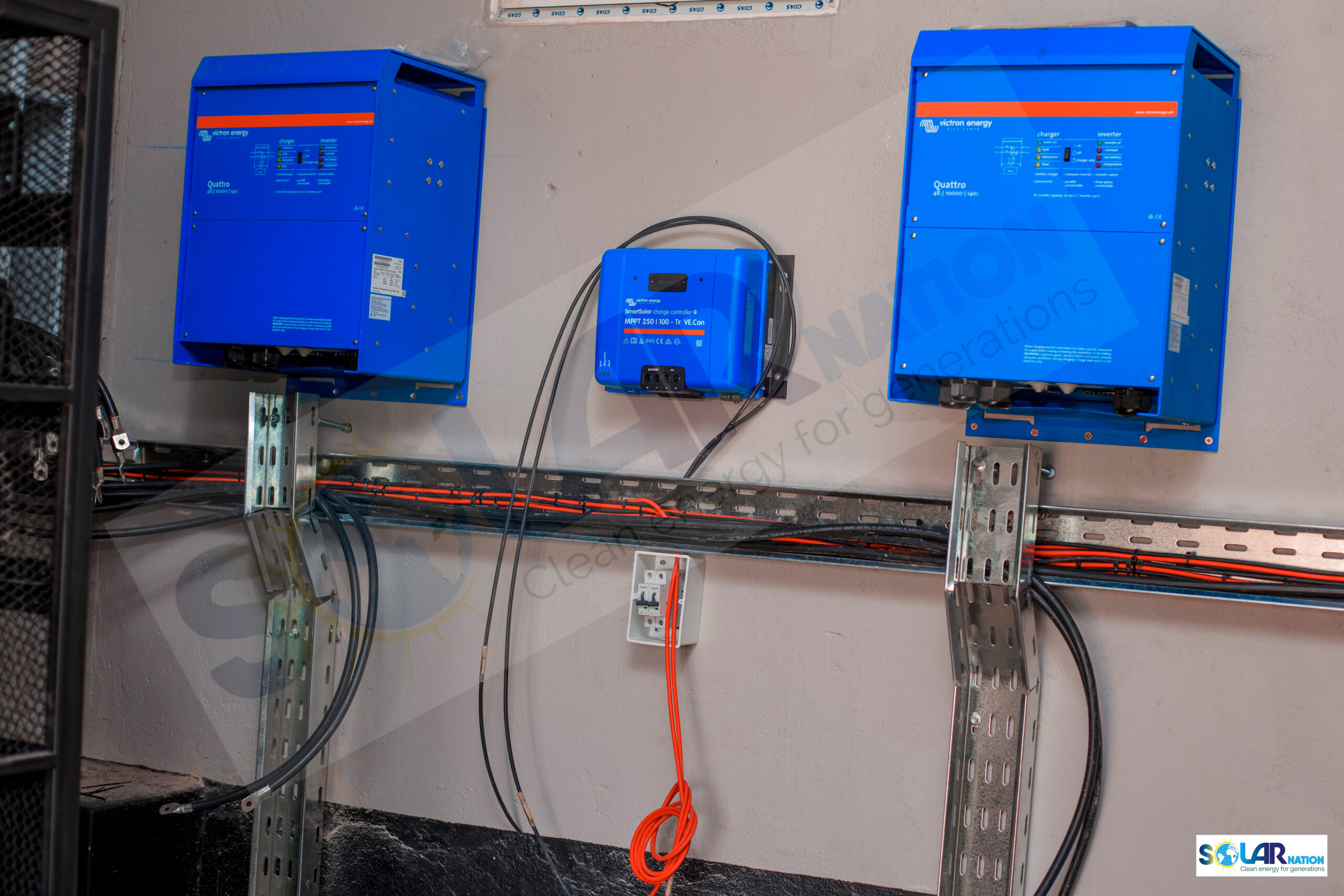How Many KWH Does A Household Use Per Day
When you’re eager to go solar, you probably have tons of questions. How much will the installation cost, and how will I pay for it? How do I know solar will save me money?
But maybe you haven’t considered the question of kilowatt-hours (kWh). How many kWh does a house use? The answer is more important than you might think.
Why? The average kWh for a house determines how much power your solar installation must produce to maintain your energy needs. It also influences how many solar panels you need. And together, that information comes in handy when you want to start reaping the many benefits of alternative energy.

WHAT CONTRIBUTES TO KWH USAGE?
So, you know your home’s regular kWh usage is key to gaining energy independence. That said, multiple factors influence the average home kWh per day, month and year. Here are just a few of them:
- Your home’s square footage
- Where you live (e.g., regional climate)
- How much energy your household regularly uses (e.g., heating and cooling, major appliances, electronics)
- How many people live in the house
- How well your house is insulated
It’s a lot to take in. To give you a general idea, we’ll look at the average home kWh per day and month according to various square footages. As always, it’s smart to speak with an energy consultant to get the most accurate answers for your home!
But first, what’s a kWh, and what counts as an “average house”?

WHAT ARE KWH, AND WHY DOES THE NUMBER MATTER?
A kilowatt (kW) measures electrical power, whereas a kWh measures how many kWs a device uses in one hour. You often see watt (W), watt-hour (Wh), kW and kWh numbers on appliance labels and utility bills.
Determining a whole home’s kWh usage is tricky — or time-consuming at the least. Calculating it involves combining the kWh measure of all energy-using devices in a home. Here’s how to find one appliance’s kWh (let’s use a microwave oven):
- Find the microwave’s wattage: 1,500 W.
- Multiply the W by how many total hours you use the microwave daily (say, 2 hours). This gives you 3,000 Wh.
- Divide that number by 1,000 to get its kWh: 3 kWh.
- Multiply the kWh by the number of days you’d like to measure (e.g., 30-31 days to find the microwave’s monthly kWh usage).
The 3-kWh microwave would use about 90 kWh monthly and 1,095 kWh annually.
If you need to find how much the microwave costs you in electricity, look at your electric bill. It notes how much your utility charges per kWh. Then, multiply the kWh number by the kWh price to determine the device’s cost per time period.
When you know the average kWh for a house — your house, of course — the benefits of going solar become much clearer. Going solar offers a hedge against rising energy costs.
Tip: Free energy consumption calculators let you check a device’s average kWh and electric cost. A solar installation company’s energy consultants are thoroughly versed in this data as well.



